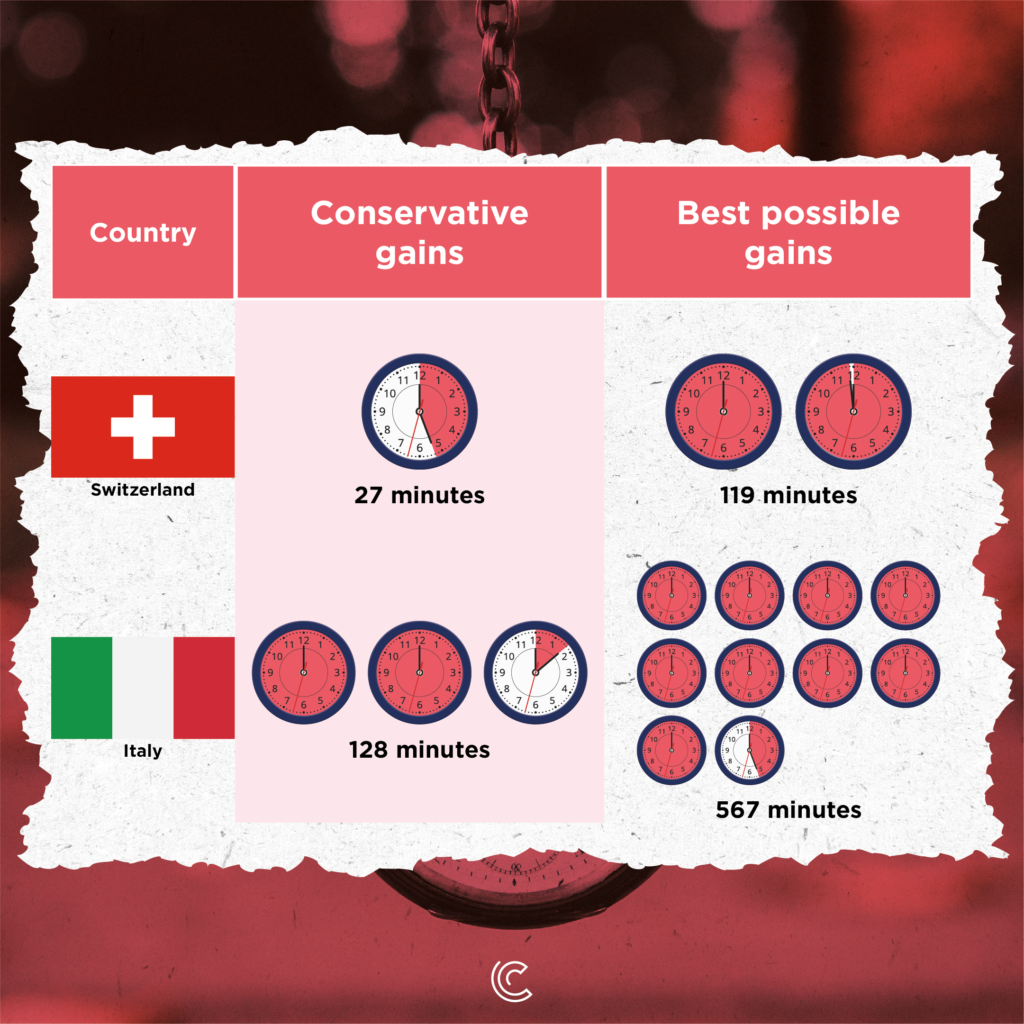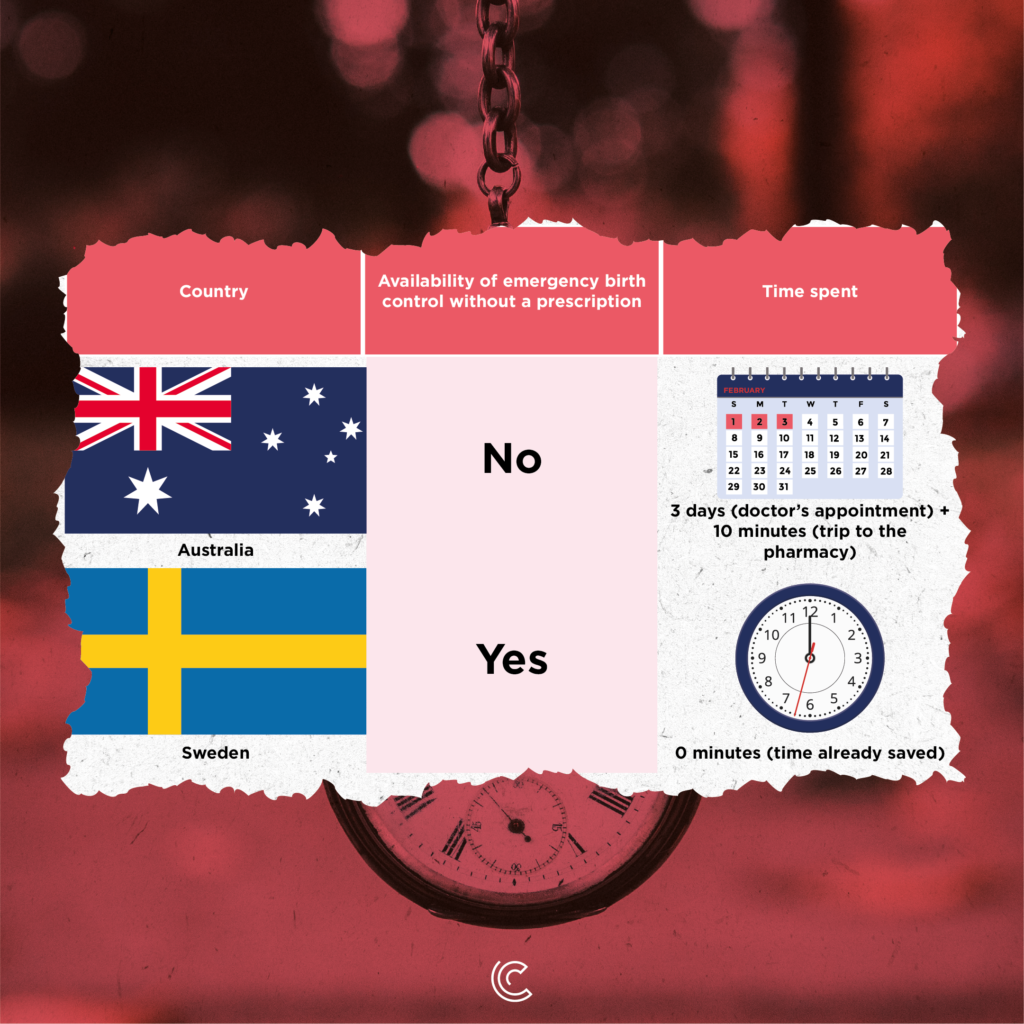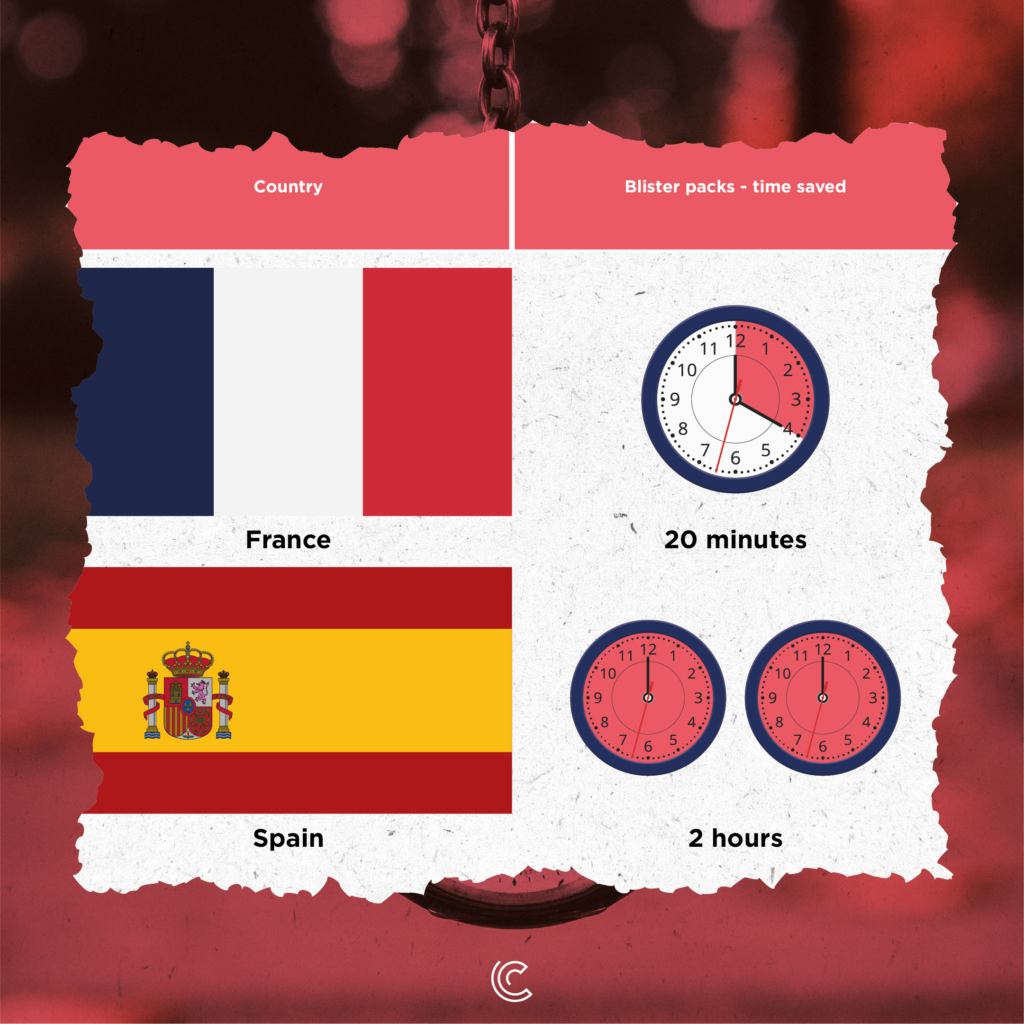They say that time heals all wounds. Whatever else you may think about broken hearts or faded dreams, though, the saying certainly doesn’t work for healthcare itself. In the wake of the Covid-19 pandemic, public health systems in developed countries are wrestling with the disruption of waiting more than ever before. Some states find themselves in dire straits, with record backlogs of patients whose surgeries have been postponed for months (with the UK alone standing at 7.21 million as of October 2022). Doctors in Europe believe it will take a minimum of three years (and a maximum of six) to deal with the backlog.
Rather than focus on staff shortages or funding (as well as the political back and forth they trigger), we at the Consumer Choice Center want to calibrate on the source of the problem. We want to explain what has gone wrong with time management within some healthcare systems. We also want to figure out what consumers, companies, and states can do to prevent such scenarios from happening again.
Time is an inconvenience and a hurdle even for the world’s most advanced healthcare systems. At the Consumer Choice Center, we want to show consumers the time and frustration (minutes, hours, days, and weeks) they could save on appointments, waiting lists, and trips to the pharmacy or clinic.
Our report looks at ten developed countries (the United States, Spain, the United Kingdom, Italy, Germany, Australia, Japan, France, Switzerland, and Sweden) across five categories: time saved for each virtual appointment, distance to hospital, waiting times, the use of blister packs, and regulatory stances on birth control. By comparing the best and worst performers, we notice an underlying trend. Successful states embrace cooperation with the private sector, technological innovation, and openness to lifestyle choices. Consumers and policymakers alike will learn and, we hope, apply this lesson to their future decisions. In doing so, they will save as much as seven and a half hours on chronic treatment, with regular customers gaining around five hours.
Here are just some of the results from the study, reflecting the realities in top and bottom countries by three categories.
Switzerland, often praised as one of the best healthcare systems in the world, tops the list in the Telemedicine for Chronic Patients category. Although Italy’s national healthcare system is likewise seen as one of the best in the world, it performs the worst in this category. Because Italian doctors must prepare each appointment for around 20 minutes and are legally bound to perform multiple consultations on the same day, an average chronic patient can expect to spend 60 minutes on consultations. In addition, chronically ill Italians must travel 45 minutes to a municipal hospital (see graph 1 for overall results).
Another country category includes blister packs, referring to a range of pill packaging standards that are instantly recognizable to consumers. Looking at the results in France and Spain, we highlight the time-saving potential of blistering machines, which automatically provide unit-dose packaging of individual pills rather than having pharmacists sort medication by hand.
Due to their high levels of capital investment (like spending on cutting-edge technology and research), Spanish autonomous health communities have access to the most advanced dispenser (the Farma Z 80c), capable of dispensing one blister every minute. The Farma Z reduces the workload of Spanish pharmacists and nurses by a substantial two hours. Similarly, France’s regional health agencies have focused on improving safe medication use via automatic dispensing services and achieved a 20-minute reduction in time spent on administering pills.
Lastly, we look at birth control, focusing on contraception regulating the menstrual cycle and allowing family planning. We want to see whether emergency contraception is available without a prescription in the first place.
Australia is one of only a handful of states that do not allow over-the-counter emergency contraception. Women in Australia will find themselves several days to see their doctor, travelling for about 10 minutes to the nearest pharmacy and sitting for another 10-15 minutes before finally accessing contraception.
Conversely, most countries we studied, Sweden among them, allowed emergency contraception without a prescription, opening up more choices for women by reducing travel time/costs, eliminating the need for doctors’ consent, and allowing flexible family planning (See Graphic 3).



Having consulted this report, consumers now have a complete picture of their daily health schedule. They know the many inconveniences we can quickly eliminate: consultations that drag on for too long, car rides taking ages, or a tedious queue at the pharmacist. They understand how their own country is faring and can compare it with other places.
Armed with accurate information, they can adjust their present expectations and make future choices that will leave them healthier. For example, consumers may discuss alternatives (like telemedicine) with their doctor and skip waiting altogether. Plus, consumers can look for a solution abroad if their options are limited in their locale.

Research Manager

Managing Director
We will, from time to time, keep you updated on new and troublesome regulations in your country and ways that you can help use fight them. Don’t worry, being a member is always free!